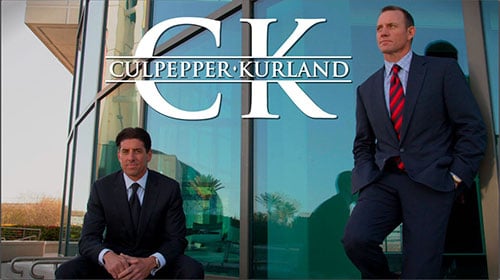Being a pedestrian in Florida can mean risking life and limb sometimes. Florida has the highest rate of pedestrian deaths in the nation, and 9 out of the country’s “deadliest cities” for pedestrians are in the state. Pedestrians are regularly admonished by local authorities to use the crosswalks and obey the “Walk” and “Don’t Walk” signs at intersections.
Even that may not be enough to stop you from being the victim of a negligent driver, however. Intersections — with or without crosswalks and lights — are still very dangerous for pedestrians. Here’s why:
- Speeders trying to beat the lights: Drivers who are rushing along may spot the yellow light at an intersection and keep on going — whether pedestrians are about to be signaled to step off a curb or not.
- Distracted drivers: Distracted driving has always been an issue on the roads, but the digital age has only enhanced the problem further. A driver may glance at their phone for “just a second” and not even see someone in a crosswalk.
- Drivers making a right turn: A lot of drivers simply slide up to a spot where they can turn right on red and keep on moving even if there are people trying to cross the road in a crosswalk.
- Drivers trying to get around other vehicles: Patience is often in short supply among city drivers when they see a stopped vehicle ahead waiting to turn or making deliveries. They may go around it without thinking about the foot traffic just out of sight.
- Nighttime visibility can be poor: Sometimes drivers get confused by the array of lights and signs at an intersection in the dark, or they’re so focused on the lights that they don’t spot someone walking in the road.
If you’re the victim of a pedestrian accident or your loved one is seriously injured or killed, find out everything you can about your right to compensation for your losses. While money definitely won’t help you heal, it can provide for your family during difficult days.


